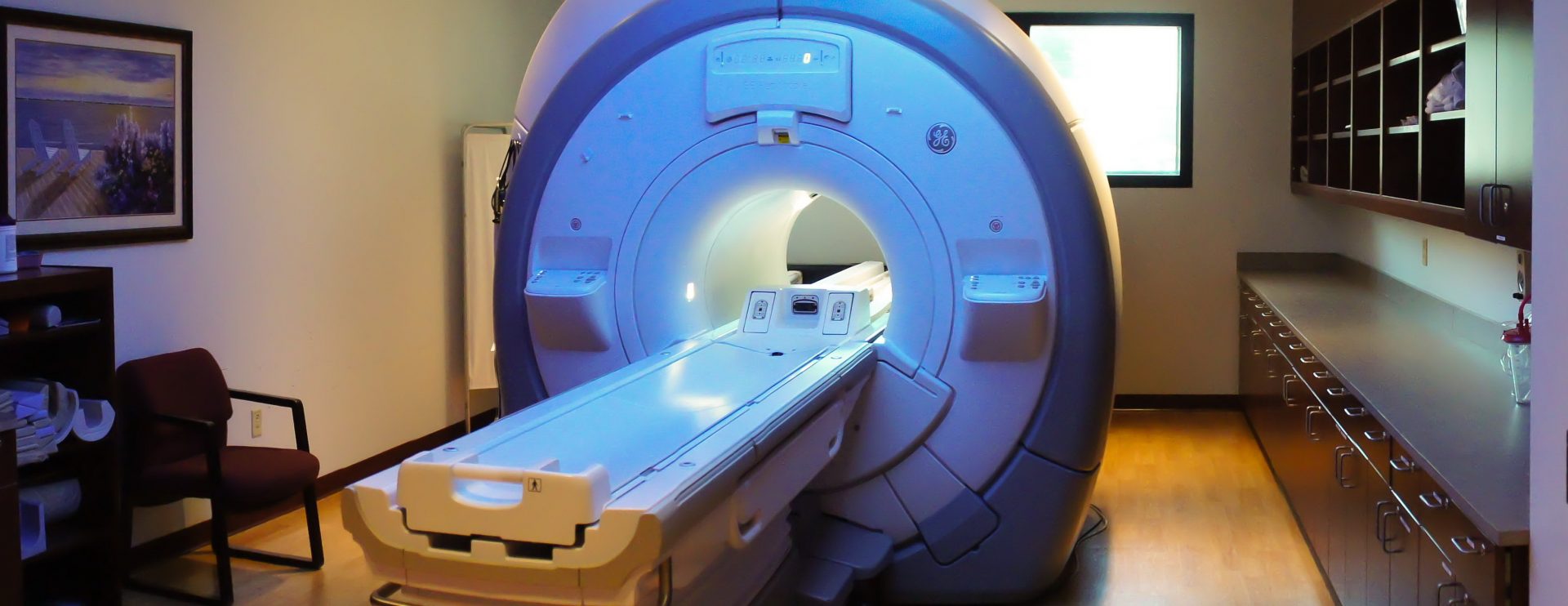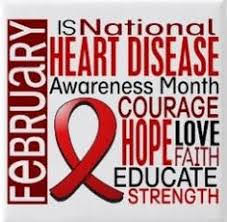February is American Heart Month, and a good time to bring awareness to the number one cause of death for both women and men in the United States which is heart disease. According to information released from the Centers for Disease Control (CDC) in December of 2016, each year about 630,000 Americans will die from heart disease. This accounts for approximately one out of every four deaths, with just as many women affected by heart disease as men.
Every 40 seconds in the United States, someone experiences a heart attack, with someone dying every minute of a heart related event.
It is Important to Act Quickly in the Case of a Heart Attack
When the blood supply is cut off to the heart, the heart muscle will not receive enough oxygen rich blood and the cells of the heart muscle will begin to die. it is important to act quickly in the case of a heart attack, as there is increased damage to the heart with every second that passes.
Each year there are approximately 790,000 people in the United States that experience a heart attack, with nearly 75% of those being a first heart attack, and 15% of them not surviving the cardiac event.
Recognizing the Symptoms of a Heart Attack
Recognizing the symptoms of a heart attack can save a life as early administration of emergency treatment greatly increases someone’s chance for survival.
The following are major warning signs of a heart attack:
Chest pain and discomfort
Shortness of Breath
Nausea, cold sweats and lightheadedness
Pain or discomfort in the neck, jaw, arms, back, or upper stomach
Studies from the CDC have shown that nearly half of all cardiac deaths occur outside of a hospital, which indicates that not enough people are acting early on signs and symptoms. While most people know that chest pain is a symptom of a heart attack, only about one fourth of people surveyed are aware of all symptoms. You do not have to be experiencing all symptoms, any of these alone or in combination are major warning signs of a heart attack.
Do not hesitate to call 911 if you suspect you or someone else is experiencing a heart attack.
Risk Factors for Heart Disease
The key risk factors for heart disease are smoking, high cholesterol and high blood pressure, although there are additional risk factors as well. Health conditions that increase the risk of developing heart disease include:
- High blood pressure
- High cholesterol
- History of a previous heart attack or stroke
- Diabetes
- Being overweight
- Following a poor diet
- Physical Inactivity
- Smoking
- Using alcohol in excess
Be sure to speak with your doctor about your health conditions to stay on a plan for successful management, and improved heart health. There are several things that you can do to protect yourself from developing heart disease and to enjoy an overall improved level of fitness.
How to Manage Your Heart Health
There is good news when it comes to keeping your heart healthy. There are many things that you can do to improve your heart health, and your overall level of fitness. Heart disease can be prevented by making healthy choices and managing your health conditions.
Some things you can do to protect your heart include:
- Watch your weight
- Quit smoking and avoid second-hand smoke
- Drink alcohol only in moderation
- Get enough exercise and activity
- Eat a healthy diet
- Control your blood pressure and cholesterol
The one thing that you can do that makes the most difference to enhance your quality of life, overall health including heart health, is to quit smoking. You can download a How to Quit Smoking or Smokeless Tobacco Guide from the American Cancer Society for more information, and don’t give up. It’s never too late to quit, stopping today is the first step to improving your health and future.
How You Can Make a Difference
Let’s use February and American Heart Month to raise awareness in our own homes and our communities about what we can do to take care of our hearts for a lifetime of improved health. Encourage family members and friends to make small changes, such as using less salt and more seasonings in cooking or taking the stairs instead of the elevator.
Talk to your children about heart health and speak with their teachers about programs to increase physical activity during the school day. Ask what programs are aimed at instilling good heart healthy habits into the children at an early age.
Together, we can raise awareness on heart disease, how to respond in case of a heart attack emergency, and how to prevent heart disease and related cardiac events.
GWIC encourages you to maintain a heart healthy diet and exercise program, stop smoking and manage your health conditions for a longer, fulfilling life. Contact us for professional and personal, caring service with all your medical imaging needs.


